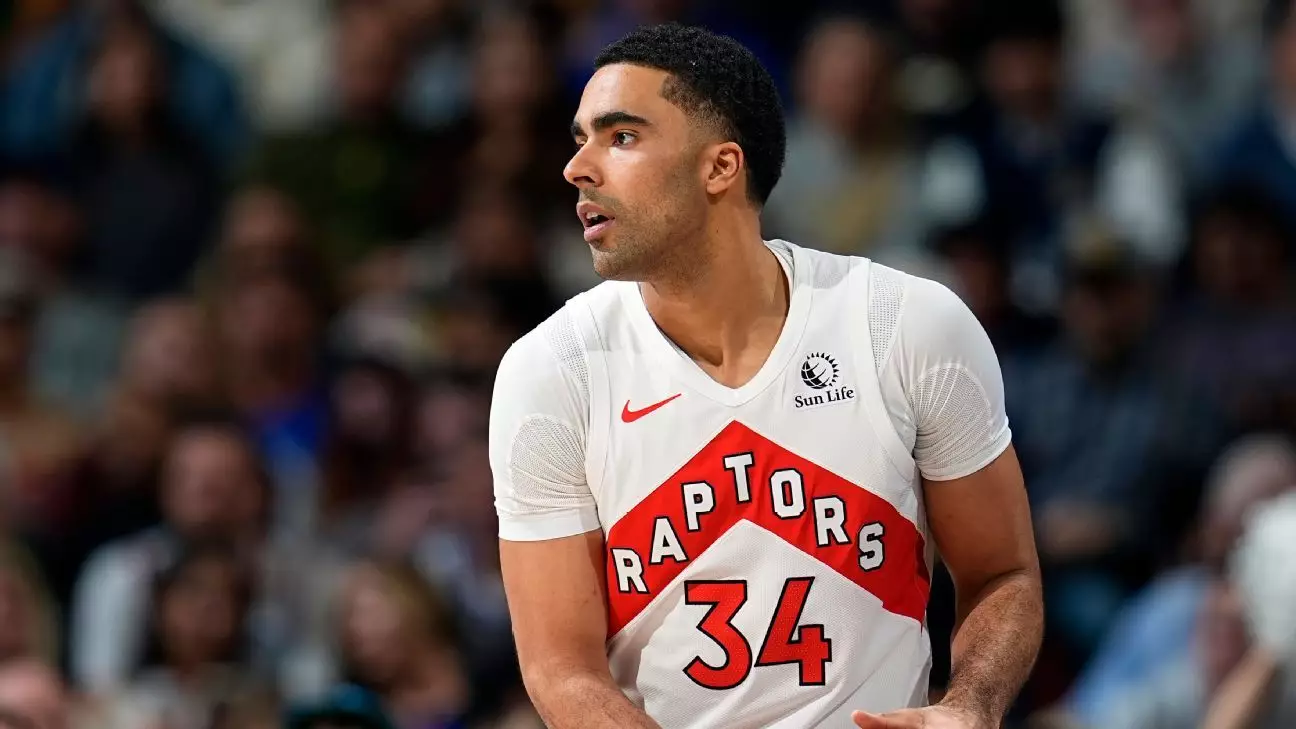In recent months, the landscape of sports betting has undergone significant scrutiny, driven by alarming incidents of manipulation and abuse that threaten the core values of fair competition and athlete well-being. Major leagues like the NBA are waking up to the urgent necessity of establishing boundaries that prevent exploitation, while still respecting fan engagement through responsible gambling. The conversation is no longer about whether betting should be permitted but about how to create a safer environment that preserves the integrity of the game.
The NBA’s stance, advocated by its leadership and players’ association, underscores a growing consensus: unchecked prop betting, especially on minor performance metrics, can open Pandora’s box of manipulation. While fans enjoy the thrill of predicting game outcomes or individual player stats, this entertainment must be tempered with safeguards against unscrupulous practices. The league’s support for reasonable restrictions signals an acknowledgment that current measures are insufficient and that more proactive steps are necessary to deter corrupt influences from infiltrating the sport.
A pivotal factor fueling this debate revolves around specific cases like that of Jontay Porter. His performance manipulation, which resulted in league sanctions and legal actions, exemplifies how betting schemes can corrupt the fabric of sport. Porter’s admission of intentionally underperforming to benefit associates highlights the vulnerable point at which gambling, if left unmanaged, can compromise athlete integrity. Consequently, the NBA has responded by imposing restrictions on bets related to players on two-way contracts, recognizing that certain categories of props are particularly susceptible to abuse.
Yet, not all stakeholders agree that a broad crackdown is warranted. The National Basketball Players Association perceives Porter’s case as an anomaly, asserting that widespread corruption isn’t an endemic problem in the league. This confidence, however, risks underestimating the subtle ways in which gambling-related harassment and pressure can affect players—often behind closed doors. The concern isn’t solely about outright manipulation but also about the deteriorating relationship between athletes and their supporters, which can manifest as harassment online or in person, fueled by the exposure to constant betting activity.
The Need for Precision and Balance in Regulation
Innovation in betting, such as the introduction of microbets—wagers on highly specific game moments like individual pitches or at-bats—has ignited a debate over where to draw the line. In jurisdictions like Ohio and New Jersey, lawmakers are contemplating banning these niche wagers altogether, citing their potential to distort the integrity of sports and empower illicit betting networks.
Ohio’s governor, Mike DeWine, vividly articulated this concern in proposing a ban on microbets following recent suspicious activity involving MLB pitchers. The fear is that microbets, due to their specificity and quick turnaround, create more opportunities for manipulation and may incentivize players or insiders to engage in unethical conduct. Meanwhile, legal sports leagues and players’ unions remain cautious, contemplating whether tighter restrictions might curb abuse without stifling fan engagement.
These legislative efforts underscore a broader societal question: how do we strike a balance between maintaining the thrill of sports betting and safeguarding the game’s fairness? Sports organizations are now reconsidering not just the scope of acceptable bets but also the platforms and markets where these bets can occur. Transparent, regulated markets appear to be the fundamental solution—where oversight can be exercised, suspicious activity can be flagged, and players can be protected from harassment or undue pressure.
Empowering Regulatory Frameworks for a Safer Future
As sports betting expands across states and nations, the need for uniform, enforceable regulations becomes more urgent. Blanket bans on certain types of bets—such as those on individual player performance or minute game events—may serve as a starting point, but ultimately, a comprehensive approach that involves league policies, legal oversight, and education is essential.
Moreover, leagues must take a proactive stance in safeguarding their athletes—not only through regulation but also through providing support structures to handle harassment and external pressures. Education campaigns aimed at athletes about the risks posed by betting-related manipulation and harassment could be instrumental in fostering a culture of resilience and integrity.
In essence, the challenge lies in designing a sports betting ecosystem that recognizes fans’ desire to engage while protecting players from exploitation and corruption. The path forward demands thoughtful, balanced policies that enhance transparency, restrict high-risk betting types, and foster trust among all stakeholders. Only through a combination of regulation, education, and vigilant oversight can the integrity of sports be guaranteed, ensuring that the game remains truly fair and enjoyable for generations to come.


Leave a Reply